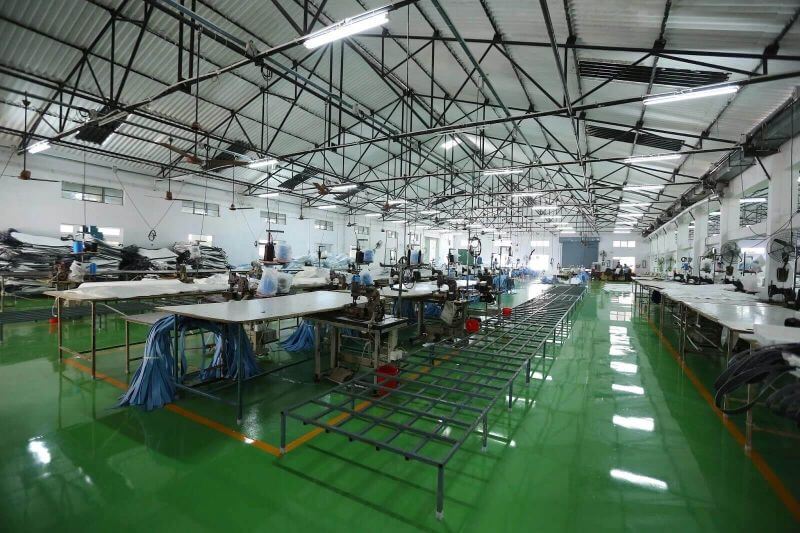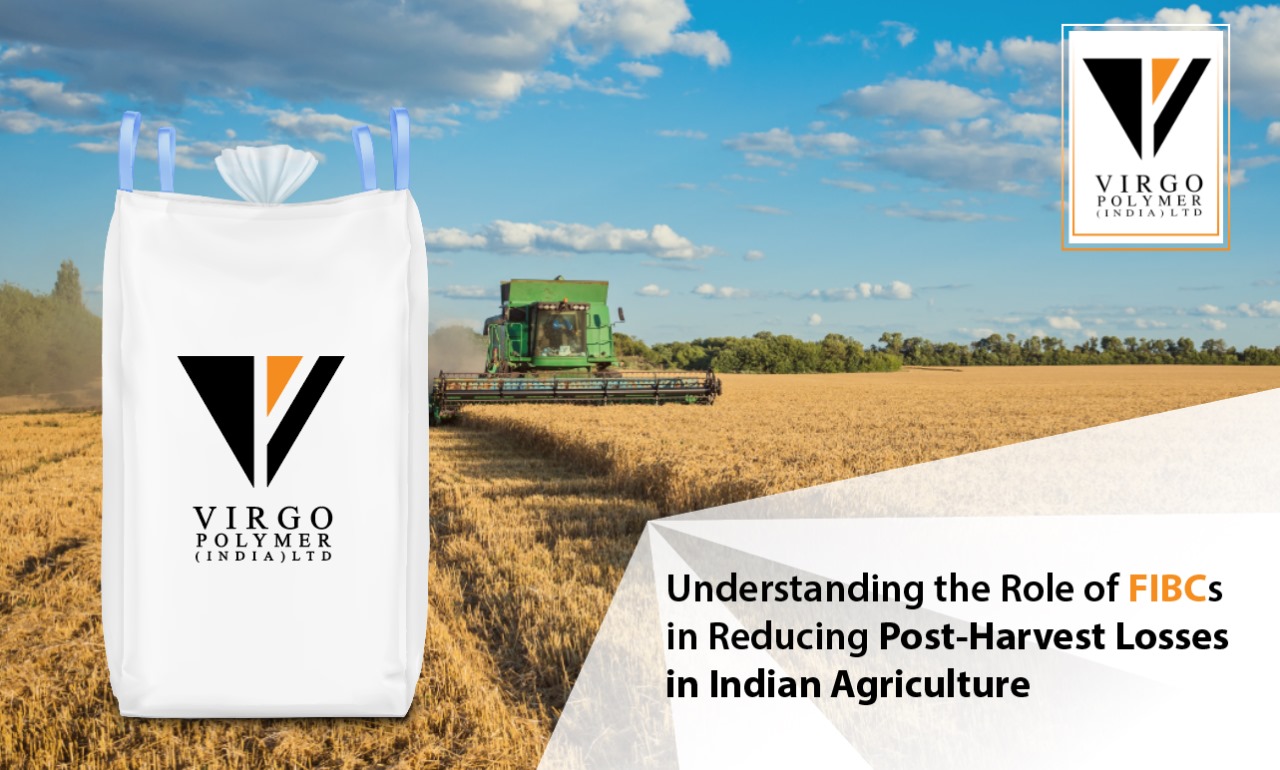



India, with its rich agricultural heritage, feeds not only its own vast population but also contributes significantly to the global food supply. However, one of the persistent challenges Indian farmers face is post-harvest losses. These losses, occurring between harvest and consumption, can be as high as 10-20% for grains and even more for perishable produce. This is where Flexible Intermediate Bulk Containers (FIBCs), commonly known as jumbo bags, play a crucial role in mitigating these losses.
What Are FIBCs?
FIBCs are large, flexible containers made from woven polypropylene, designed to transport and store bulk quantities of agricultural products like grains, seeds, pulses, and even fertilisers. They are durable, cost-effective, and versatile, making them an ideal choice for the Indian agricultural sector.
The Problem of Post-Harvest Losses in India
Post-harvest losses in India stem from various factors, including poor storage facilities, exposure to pests and moisture, and inefficient handling during transportation. These losses not only reduce the income of farmers but also impact food security and the overall economy. Traditional storage methods, such as jute bags and wooden crates, often fail to protect produce from these elements, leading to significant wastage.
How FIBCs Help Reduce Post-Harvest Losses
Moisture Protection: One of the biggest enemies of stored agricultural produce is moisture. Excess moisture can lead to mould growth, spoilage, and a decrease in the quality of grains and seeds. FIBCs are designed with moisture-resistant liners, ensuring that the contents remain dry and safe, even in humid conditions.
Pest Prevention: FIBCs provide a sealed environment, keeping pests like rodents and insects at bay. This is particularly important in rural areas where traditional storage methods are more susceptible to pest infestations. By preventing access to these pests, FIBCs significantly reduce the risk of contamination and loss.
Efficient Handling and Transportation: FIBCs are easy to handle and can be lifted by forklifts or cranes, reducing the risk of spillage and damage during transportation. Their robust construction ensures that they can withstand rough handling, making them ideal for use in India’s diverse terrain.
Space Optimization: FIBCs are designed to be stackable, allowing for efficient use of storage space. This is particularly beneficial in small storage facilities where space is at a premium. By maximising space utilisation, farmers can store more produce in a smaller area, reducing the need for additional storage infrastructure.
Cost-Effectiveness: FIBCs are not only durable but also reusable, making them a cost-effective solution for farmers. Unlike traditional bags that need to be replaced frequently, FIBCs can be used multiple times with proper care, leading to significant cost savings over time.
The Future of FIBCs in Indian Agriculture
As India continues to modernise its agricultural practices, the adoption of FIBCs is expected to grow. Government initiatives aimed at reducing post-harvest losses and improving storage infrastructure are likely to promote the use of FIBCs among farmers. Additionally, increased awareness about the benefits of FIBCs will encourage more farmers to switch from traditional storage methods to these more efficient and reliable alternatives.
FIBCs are proving to be a game-changer in reducing post-harvest losses in Indian agriculture. By providing effective protection against moisture, pests, and damage during transportation, these versatile containers are helping farmers preserve the quality and quantity of their produce. As more farmers embrace FIBCs, India can look forward to a future with reduced food wastage, increased farmer income, and enhanced food security for all.
